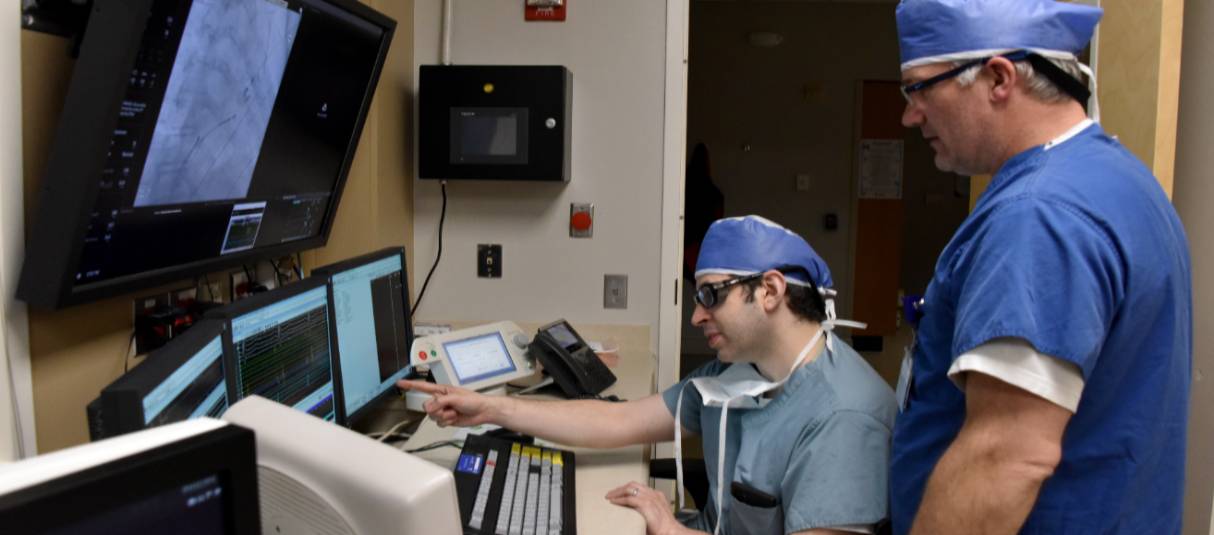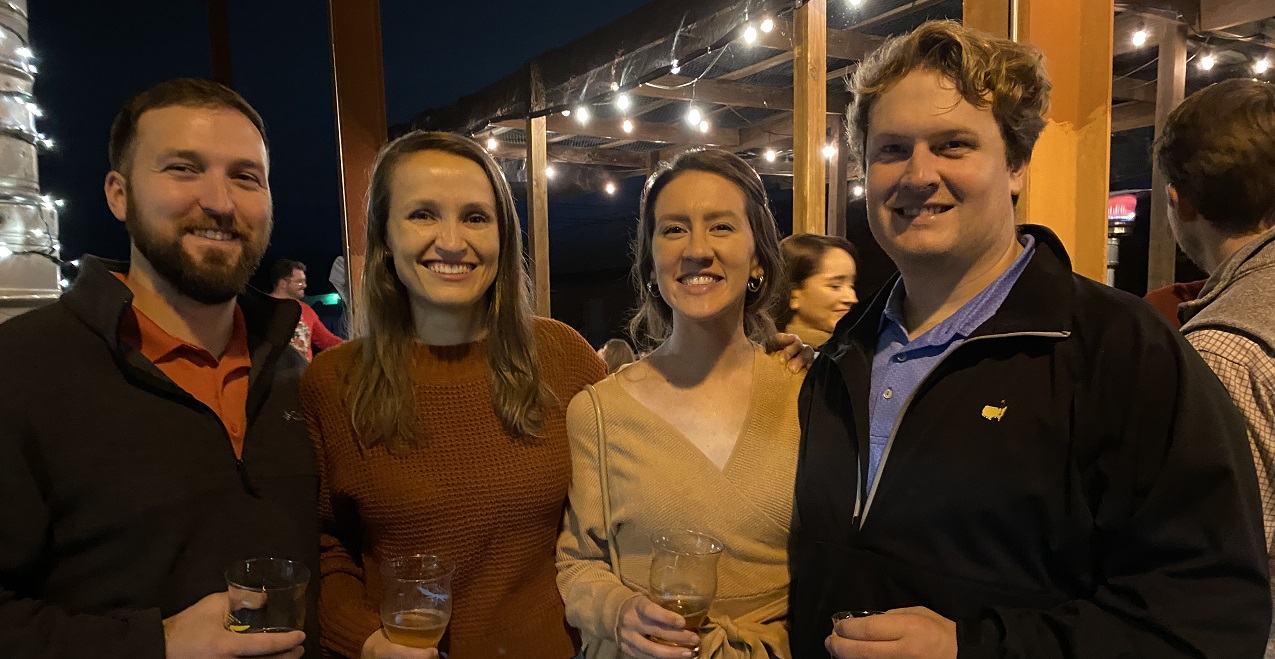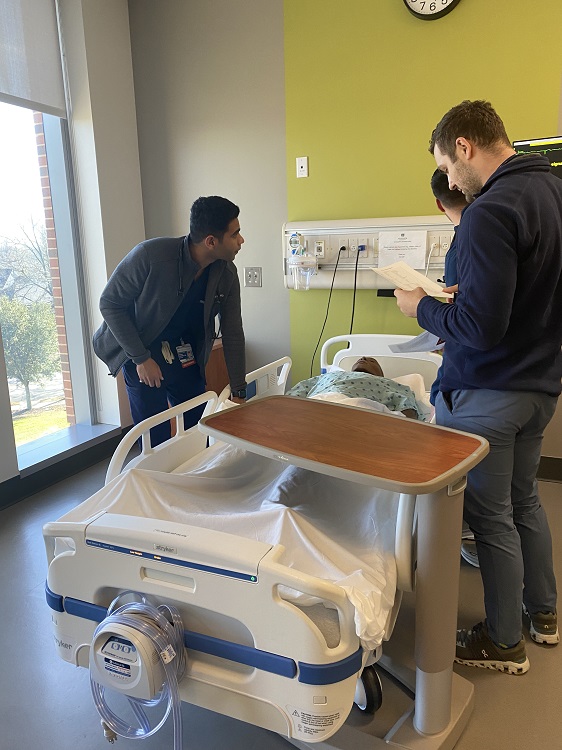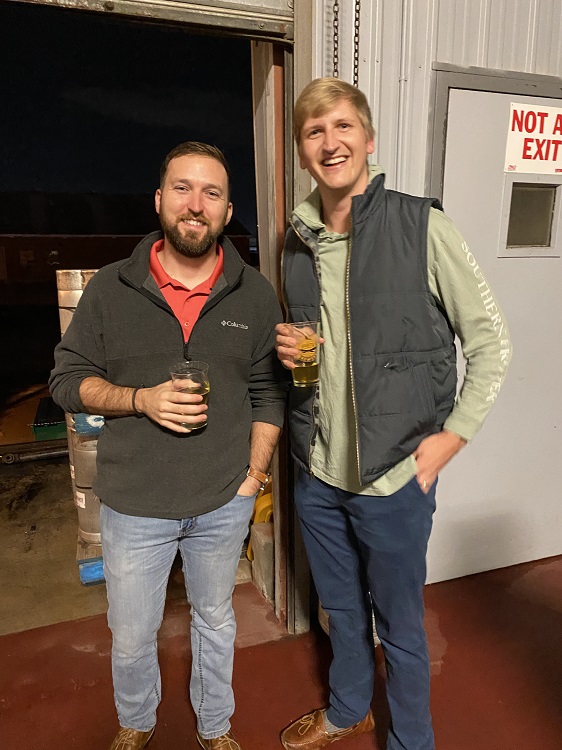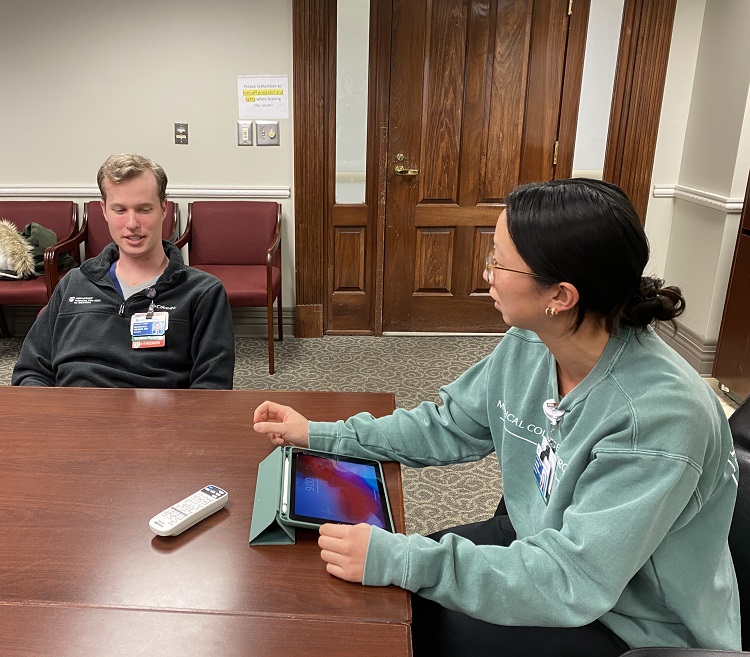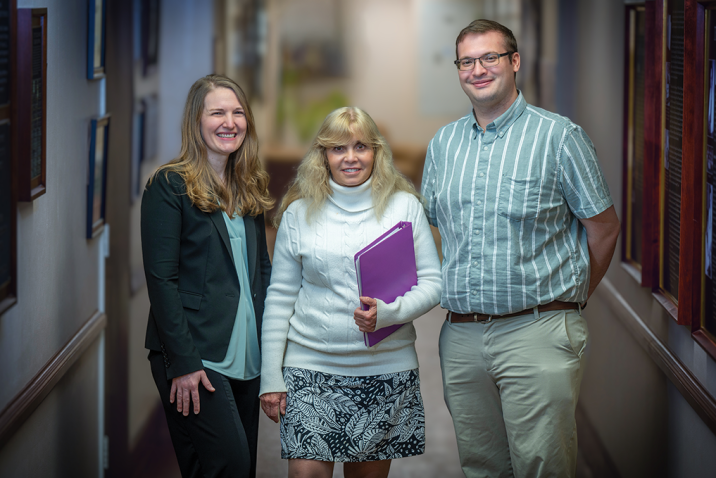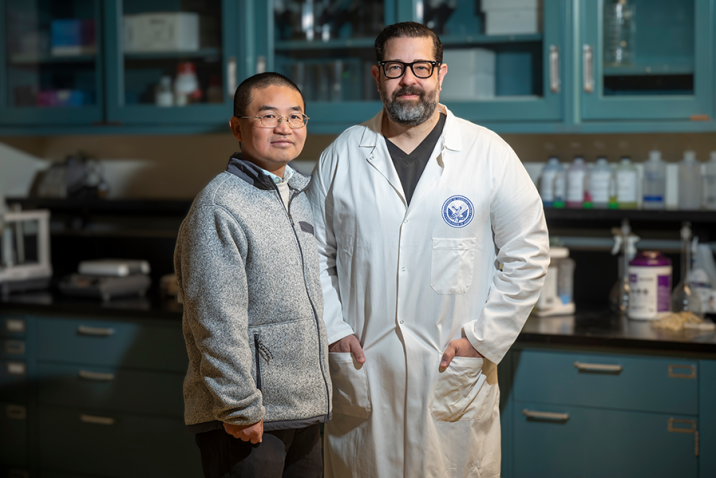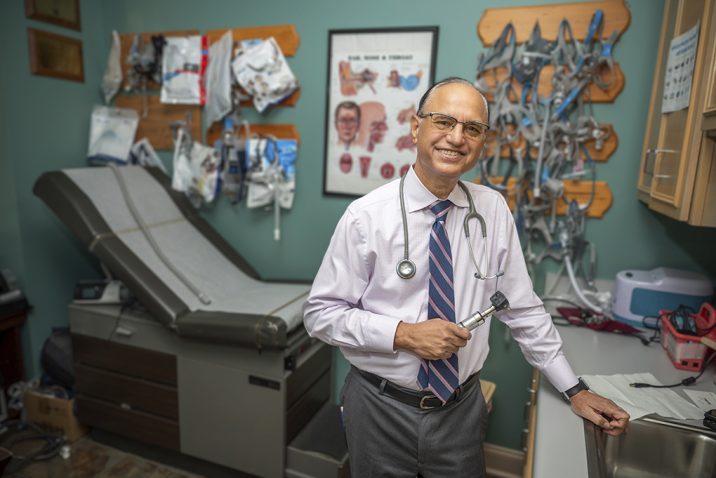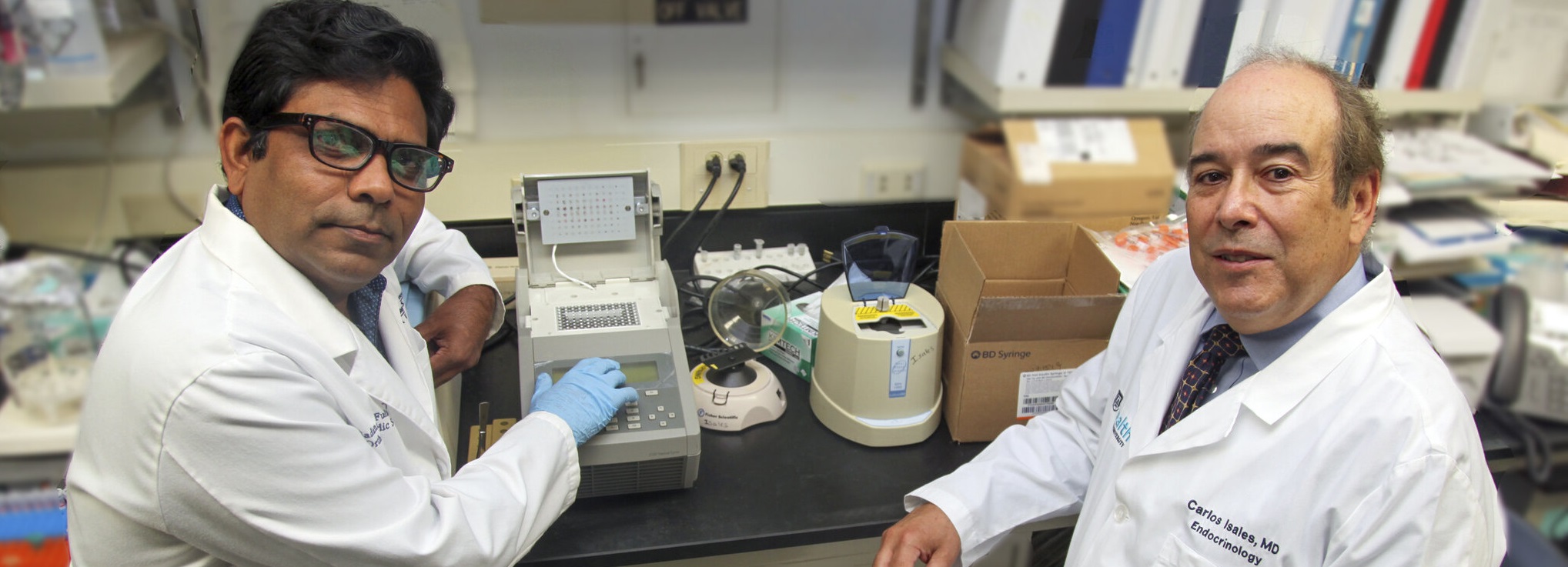
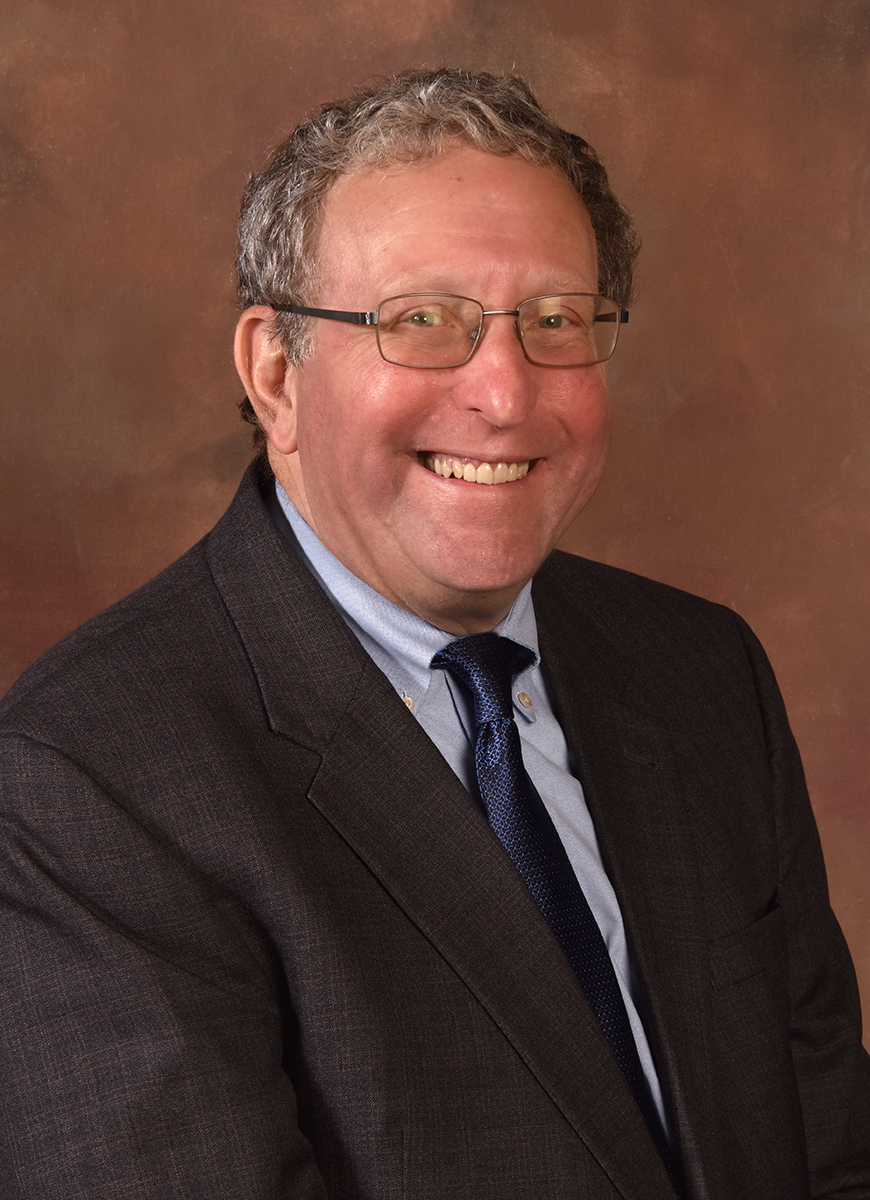
Our mission is to provide the very best and safest patient care, educate the next generation of health care professionals, & advance knowledge in medicine through basic, clinical, and translational research.
The department of medicine continues to add to its rich history of excellence in education of students, residents, and general and subspecialty fellows.
The Medical College of Georgia is the 13th oldest medical school in the US and the DOM even when facing the changes of this last has its eyes focused firmly on the future. See the activity within the 12 major divisions. See the many new hires & programs. Contact us directly. We look forward to hearing from you.
Brian H. Annex, M.D., FACC, FAHA
Department Chair, Medicine
Jump to: DivisionsEducation, Training & Research SectionsMedicine News
Department of Medicine
Health Sciences Campus
706-721-2941
706-721-9405
BI-5076
